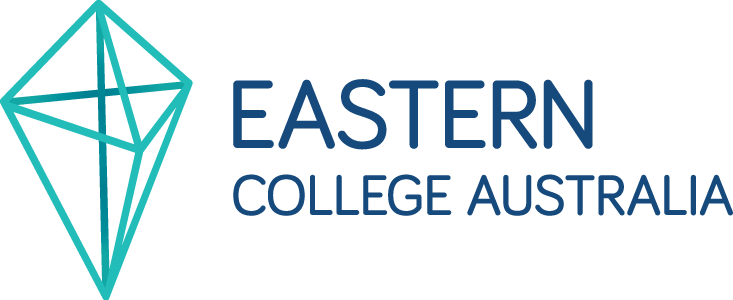All functions of the College require funding - research is no different. While some research may be able to be funded from College revenue, especially if it relates to a unit of study, most research which is cutting-edge is expensive. To this end funding sources external to the College must be identified and used.
External funding is typically in the form of competitive grants from government and philanthropic organisations. For an institution to be selected for a grant not only allows cutting-edge research to be done but provides kudos to the College including cross-institutional collaborations and marketing/media. As such competitive grants not only allow the College to do more, but assist it to achieve its mission.
To provide clarity as to reasonable expectations when applying for, and managing, competitive grants. The roles and responsibilities of both Chief Investigators and the College are discussed.
This policy applies to senior management, Director of Research, faculty, communications/IT staff, administrative staff, the college’s OH&S committee and the Human Research Ethics Committee employed.
A competitive grant means an agreement between the College and an external funding organisation. Competitive grants can be for research projects, equipment, training, travel, teaching or for other purposes.
1. The College encourages doctorally qualified faculty members to apply for competitive grants. Part of this is seeking grant opportunities. A faculty member’s ability to apply for competitive grants will depend upon factors such as:
a. the faculty member’s duties within the College; and
b. access to opportunity which includes appropriate granting bodies for the proposed research.
It is considered normal for a full-time doctorally qualified faculty member to be the Chief Investigator for one grant application in each calendar year. Faculty involvement in grant applications is to reduce proportionally on a pro-rata basis such that it may be considered normal for permanent part-time faculty to be researchers named on one grant application per calendar year but not a Chief Investigator.
2. In applying for funding through a granting body one faculty member will be listed as the ‘first author’ and hence the Chief Investigator. This person has responsibility to manage the production of the application and, if successful, is responsible for the management of the grant. In creating a grant application the Chief Investigator should consider whether:
a. the proposed research is aligned to the College’s mission;
b. the granting body is both appropriate to the application and reputable;
c. conflicts of interest have been dealt with;
d. the proposed research has both rigor and merit; and
e. the budget is reasonable.
3. Eastern College Australia upholds academic freedom. However, if funding is to be sought from a body which is either academically suspect or may reflect negatively on the College the Chief Investigator is to consult with the Director of Research and Principal before lodging a grant application.
4. The College will not enter into a relationship with a granting body which has authority over College functions. This includes, but is not limited to, financial control, control of teaching, or control of publications. However the College does recognise that, at times, publication may have to be delayed for commercial or other reasons.
5. Funding agreements will not be entered into which stop, hamper or compromise a student from completing a course of study in a timely manner.
6. The Chief Investigator and other researchers, including student researchers, will be bound by the terms of the funding agreement.
7. The College’s Financial Officer will receive monies from the granting organisation and create accounts as appropriate to the administration of the grant. The Financial Officer will also provide periodic reports to the Chief Investigator outlining available monies in light of expenditure. The Financial Officer will also provide advice and assistance to the Chief Investigator with respect to reporting and auditing.
8. Within the bounds of the funding agreement the allocation of resources will be at the discretion of the Chief Investigator in consultation with the Chief Operations Officer. If staff are to be employed the Chief Investigator must do so in agreement with the Chief Operations Officer. It is the Chief Investigator’s responsibility to account for all spending.
9. The College recognises that winning a competitive grant is an achievement which will benefit the College financially, professionally and publically. Therefore, as College finances permit, the College will assist Chief Investigators in the preparation of applications and during the life of the grant. Reasonable assistance may include administrative support, flexible teaching arrangements, conference and study leave outside normal policy parameters, and the provision of resources such as rooms in which to conduct the work of the grant. Where foreseeable, the Chief Investigator is to account for the expense of this assistance in the grant application’s budget.
10. In addition, many granting organisations seek a sign of good faith from an applying institution. This is usually an outlay of money as ‘top-up’ funding, or the purchasing of physical resources such as computers. Eastern College Australia commits to supporting grant applications with financial/physical support in proportion to the size of the funding being sought and College budgetary constraints at the time of the application.
11. The College also recognises that for a Chief Investigator to win a competitive grant is a sign of academic achievement and will recognise this when the Chief Investigator applies for advancement.
